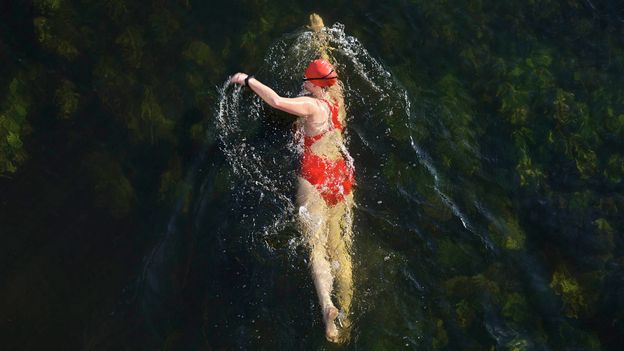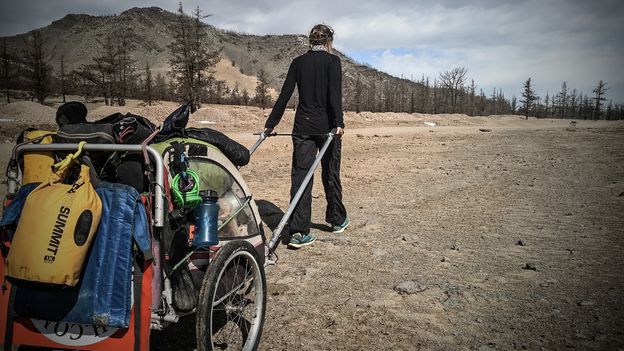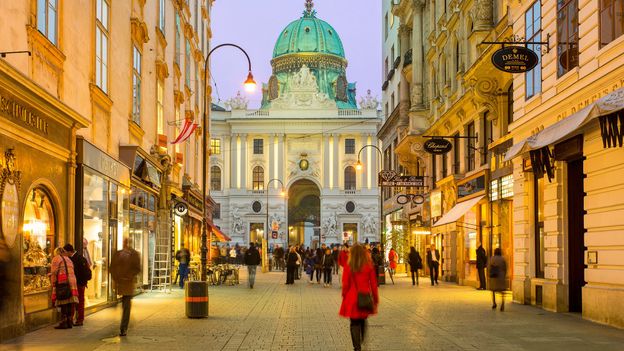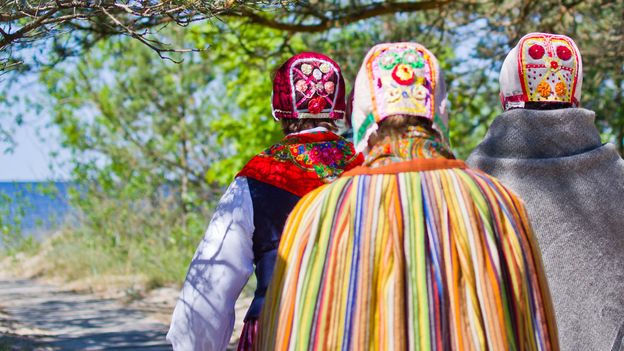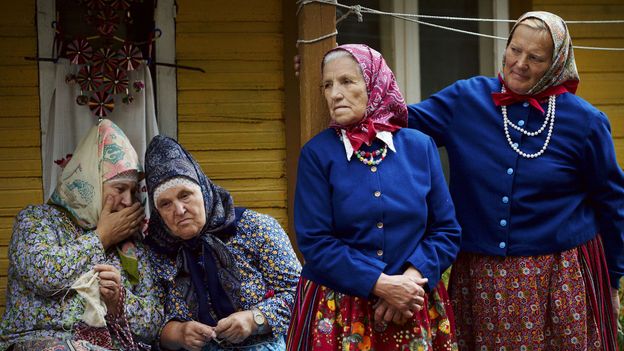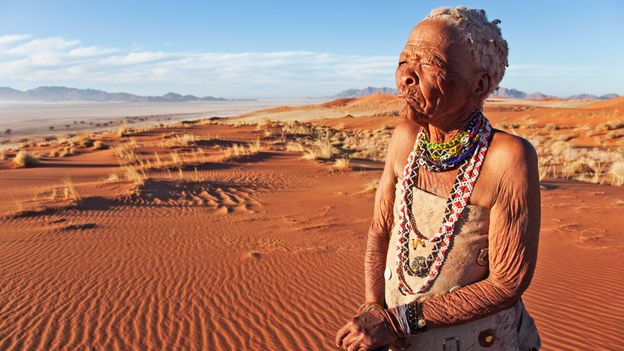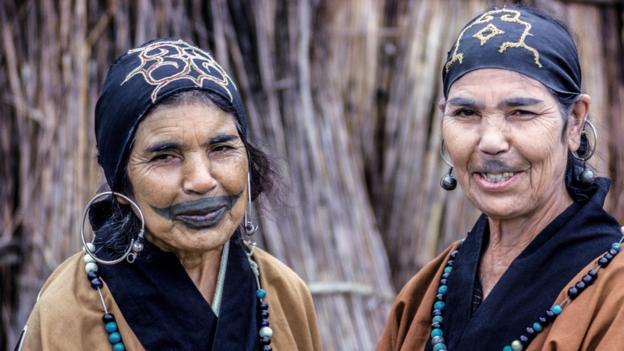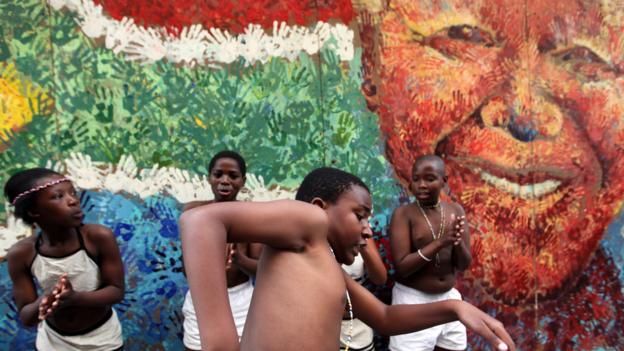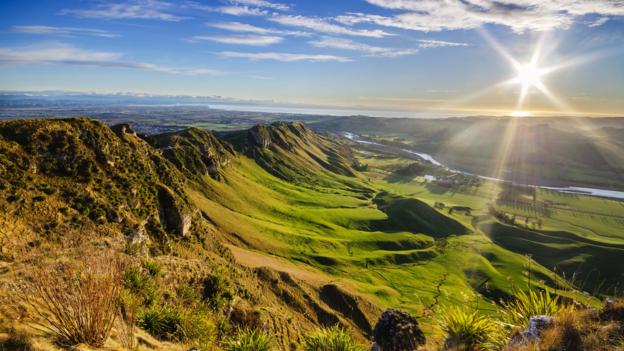Sweden is one of the world’s most climate-conscious cultures. In elementary school, children learn about topics like ecology and conservation. In recent years, Swedish activist and teenager Greta Thunberg has become the leading face of a global movement against the climate crisis and inspired millions of other people around the world to take action. But climate change may have been something that’s been on Swedes’ minds far longer than people have imagined – even worrying the Vikings.
A group of archaeologists, linguists and religion and climate experts have teamed up to analyse the inscriptions of the Rök Stone, a raised, inscribed memorial stone found in the Swedish province of Östergötland in the 1600s. Their study, published earlier this year, suggests Vikings were concerned about a climate catastrophe 1,200 years ago.
Standing at more than 2.5m tall, the Rök Stone is a 5-tonne piece of granite with the longest known runic inscription in stone. It features 725 runes, the characters used in the Viking language, that, among other things, reveal verses about the heroism of Theodoric the Great, a king of the Ostrogoths in the 6th Century. Believed to have been erected in the 9th Century, the stone is incredibly well-preserved and it is considered the most famous runic monument of the Viking Age.
For more than a century, researchers have been trying to decipher the stone’s etched inscriptions. The study published this year showed that the runes allude to a cold climate crisis that happened between 536 and 550AD – some 300 years before the Rök Stone was created. During this time, a series of volcanic eruptions spewed so much ash into the sky that it caused the sun to virtually disappear. This led to abnormally cold summers in the Scandinavian peninsula, resulting in crop failures and hunger. It is estimated that at least 50% of the local population died because of the crisis.
This traumatic event might have helped shape the myth of Ragnarök. The story describes a series of events, including obstruction of the sunlight and the Fimbulwinter, or “the Great Winter” – ultimately leading to the end of civilisation.
(Video by Maddy Savage and Benoît Derrier; text by Luana Harumi)
This video is part of BBC Reel’s Hidden Histories playlist.
Join more than three million BBC Travel fans by liking us on Facebook, or follow us on Twitter and Instagram.
If you liked this story, sign up for the weekly bbc.com features newsletter called “The Essential List”. A handpicked selection of stories from BBC Future, Culture, Worklife and Travel, delivered to your inbox every Friday.

